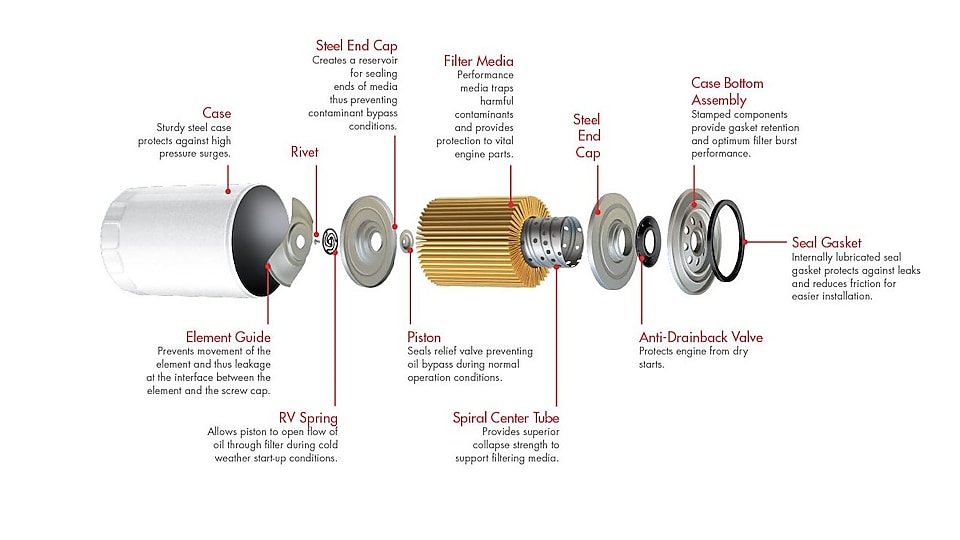Filters play a crucial role in automotive and industrial systems, and their performance is significantly affected by environmental conditions. Temperature fluctuations can directly impact the efficiency and lifespan of filters. This article explores the effects of temperature changes on filter performance.
Effect: Low temperatures, especially during winter, can impact the material properties of filters. In oil and fuel filters, cold weather can increase viscosity, making it more difficult for oil or fuel to flow. This can reduce engine performance and increase fuel consumption.
Solution: Using filters designed for low temperatures can minimize performance losses. Additionally, regular inspection and timely replacement of filters are important to maintain optimal performance.
Effect: High temperatures, especially during summer, can cause wear and degradation of filter materials. Engine oil and air filters can become more contaminated and clogged under high heat conditions. This can lead to engine overheating and inefficient operation.
Solution: Using more durable and heat-resistant filters in high-temperature conditions can extend the lifespan of the engine and other components. Regular cleaning and replacement of filters may also be necessary.
Effect: Temperature fluctuations can cause filters to expand and contract, affecting their sealing properties and potentially leading to leaks. This can also accelerate material wear.
Solution: Choosing filters designed to withstand temperature fluctuations and ensuring proper installation can help mitigate these issues. Regular inspection and maintenance of filters can also help prevent performance loss.
Effect: When combined with temperature changes, humidity can lead to corrosion and rust issues in filters. Metal filters, in particular, can have a reduced lifespan when exposed to high humidity and temperature fluctuations.
Solution: Using filters with humidity resistance and regularly inspecting them can help prevent corrosion and rust. Additionally, storing filters in dry and appropriate conditions is important.
Effect: Long-term exposure to temperature extremes can cause permanent changes in filter material properties, leading to reduced filtration capacity and performance.
Solution: To minimize long-term temperature effects, it is advisable to use high-quality, temperature-resistant filters. Regular replacement of filters at recommended intervals can help maintain performance.
At Core Filter, we offer high-quality filter solutions designed to perform optimally under various temperature conditions. Our filters minimize the impact of temperature changes while ensuring your system operates efficiently.
